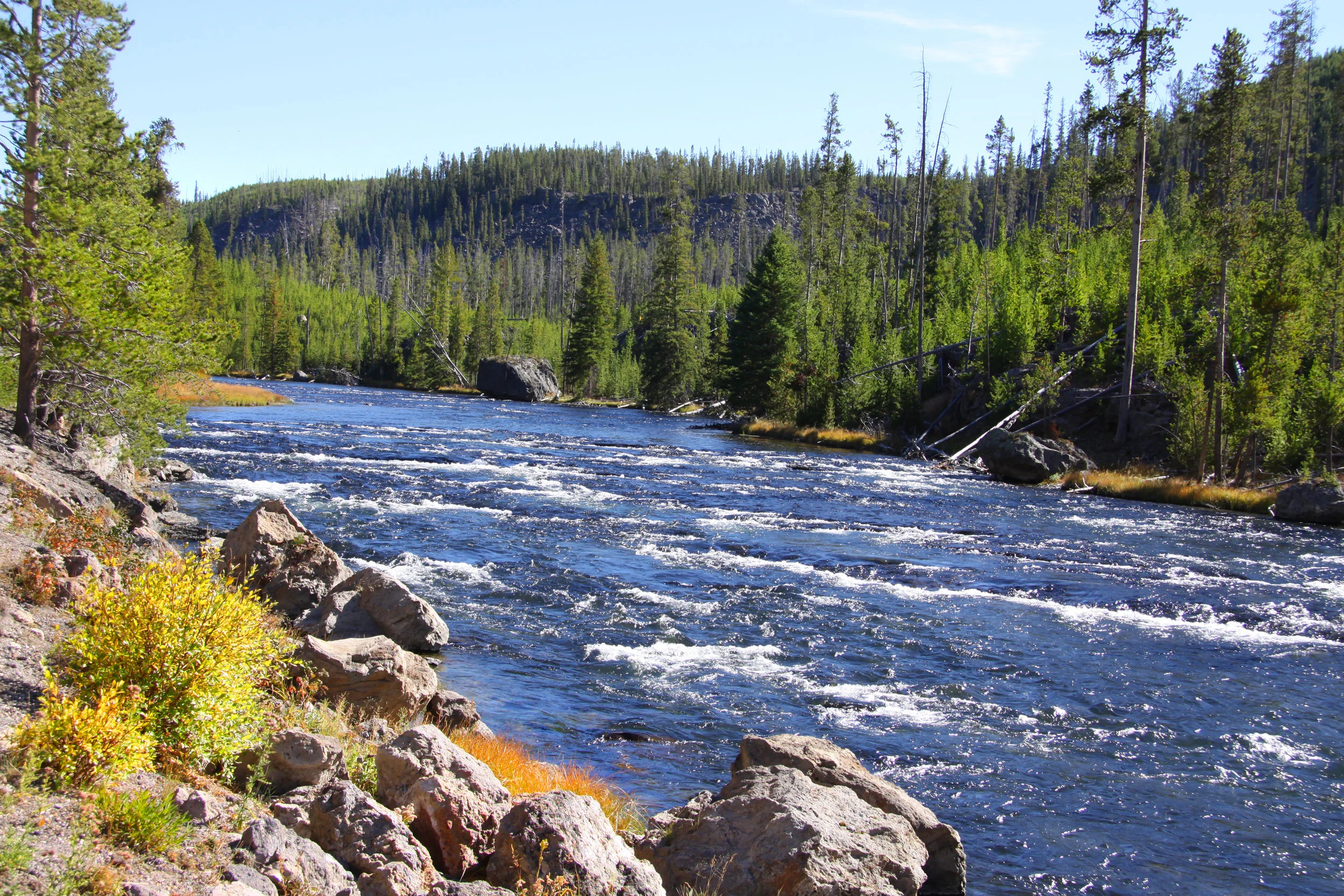Kidney stones are small “pebbles” or hard deposits that are made from minerals and salts. They can range in size from a grain of sand to a golf ball. They can either stay in your kidneys or leave your body through your urinary tract. Passing these kidney stones can be considerably painful, but they usually don’t cause any permanent damage if they are recognized at a decent time.
Symptoms
- Severe pain in the side and back, below the ribs
- Pain that radiates to the lower abdomen and groin
- Pain that comes in waves and fluctuates in intensity
- Pain during urination
- Pink, red, or brown urine
- Cloudy or foul-smelling urine
- Nausea and vomiting
- Persistent need to urinate
- Urinating more often than usual
- Fever and chills if an infection is present
- Urinating small amounts
A kidney stone may not cause symptoms until it starts moving around in your kidney. Also, the pain can change location and intensity as the stone moves through your urinary tract.
Causes
When your urine contains more crystal-forming substances (calcium, oxalate, and uric acid) then the fluid in your urine can dilute, kidney stones are formed. Also, your urine may lack substances that keep crystals from sticking together. This creates an ideal environment for kidney stones to form.
Types of Kidney Stones
Calcium stones: This is the most common type of kidney stone. They are usually in the form of calcium oxalate. Oxalate is a substance that naturally occurs and is found in food. Also, your liver produces it daily. Calcium phosphate is another form that can develop.
Struvite Stones: These kinds of stones form due to an infection such as a urinary tract infection. Sometimes without warning, these stones can grow large very quickly.
Uric acid stones: Certain genetic factors can increase your risk of developing these stone, but they mainly form in people who don’t drink enough fluids, lose too much liquid, eat a high-protein diet, or who have gout.
Cystine stones: These stones develop in people with a hereditary disorder that causes them to eliminate too much of individual amino acids.
Treatment
Small stones with minimal symptoms
For the most part, you don’t need treatment for small kidney stones. A small stone may be passed by:
- Drinking water
- Pain relievers
- Medical therapy
Large stones and those that cause symptoms
If your kidney stones are too large to pass or they cause bleeding you may consider these procedures:
- Using sound waves to break up stones
- Surgery to remove very large stones in the kidney
- Using a scope to remove stones
- Parathyroid gland surgery
Prevention
Lifestyle changes:
- Drink water throughout the day
- Eat fewer oxalate-rich foods
- Choose a diet low in salt and animal protein
- Continue eating calcium-rich foods, but use caution with calcium supplements
Your doctor may also prescribe medication for you that can help control the amount of minerals and salts in your urine.

